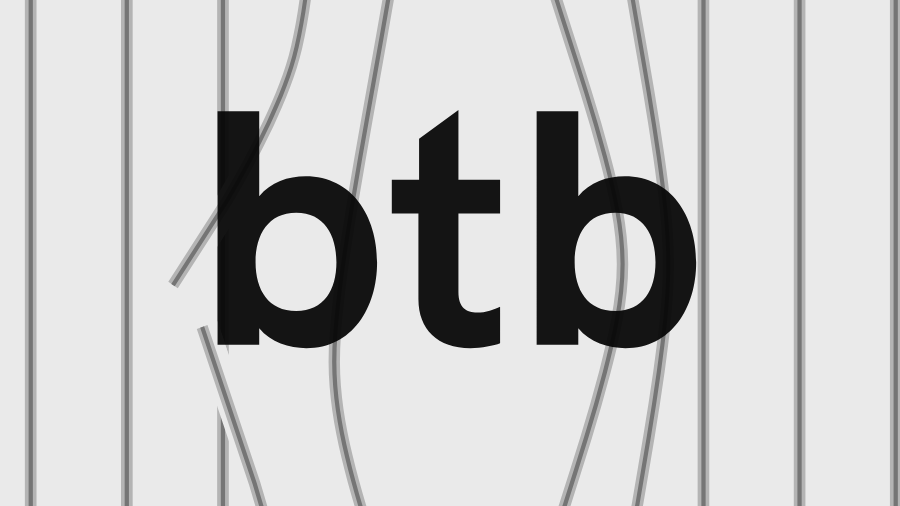The movement to ban books from the people in the U.S., the “land of the free,” is intensifying. Between 2021-2023, there were 5,894 recorded book bans in public schools throughout 41 states, censoring authors, editors, illustrators, and translators and preventing people from accessing their works. As devastating as these figures are, they pale in comparison to the most widespread and intensive forms of state censorship: the book bans in U.S. prisons, jails, and other carceral institutions. Our people held captive behind Federal, state, and other bars in all 50 states of the U.S. are prohibited from reading or accessing thousands of books because their content is deemed “dangerous” (i.e., “politically progressive”) or “inappropriate.”
Unlike school bans, prison book bans include an even more absurd and draconian category: content-neutral book bans, or books that are banned regardless of their content. There are numerous reasons the state prevents literacy in this way. As an October 26, 2023, PEN America report found, these factors encompass a range of arbitrary factors, “including but not limited to the sender, a book or magazine’s appearance, or whether the incarcerated person obtained permission to receive it from a prison administrator.”
The state does everything it can to isolate our people behind enemy lines and to prevent them from existing and communicating with those on the outside. IDOC Watch correspondent Landis Reynolds reported the Indiana Department of “Corrections” implemented a cruel policy that prevented incarcerated workers and oppressed people from receiving 90 percent of the photos sent by family and friends. “Photos of children in Halloween costumes, parents on the beach in a bathing suit, a brother in a hat, a wife in a hoody were all routinely denied as ‘inappropriate,’” Reynolds disclosed. Fortunately, prisoners fought back. Within days of filing a lawsuit in Federal Court, IDOC Commissioner Christina Reagle admitted defeat and issued an Executive Order reversing the policy.
The U.S. mass incarceration system is by far the world’s largest. The number of prisoners in Russia, Cuba, Venezuela, and Iran—those repressive states the media and politicians warn us about—combined is not even half of the U.S.’s prison population of 1.9 million people (excluding the millions more under other forms of incarceration).
Mass incarceration in capitalist America is not only the largest carceral system in the world, but the most violent and repressive one, too. Information control is just one form of violence the state inflicts on both incarcerated people and their loved ones.
PSL Indianapolis and our partners are proud to launch our new Books Through Bars program. Together, we will challenge this form of state repression, break through the restrictive guidelines, and overcome the state’s attempt at information control by getting incarcerated people the books and resources they want and need.

